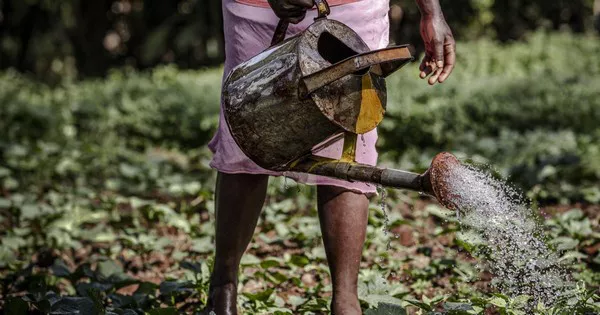Berlin, Germany—On June 18 and 29, the Food and Agriculture Organization (FAO) and adelphi convened a workshop titled “Promoting Water Tenure for Food Security, Climate Resilience, and Equity,” supported by the Federal Ministry of Food and Agriculture (BMEL), the German Institute of Development and Sustainability (IDOS), and the German Corporation for International Cooperation (GIZ) on behalf of the Federal Ministry for Economic Cooperation and Development (BMZ). This gathering aimed to shed light on the critical role of water tenure in sustainable development, particularly in regions grappling with water scarcity.
Water tenure, which encompasses all forms of water usage, even those not legally recognized, poses a significant challenge in ensuring sustainable water management and food security for rural communities. Recognizing customary water use arrangements as legitimate rights is vital for inclusive water governance and the efficient operation of water infrastructure. Thus, integrating water tenure into political agendas becomes paramount for inclusive and sustainable development.
The workshop’s objectives centered on enhancing understanding of how water tenure influences water resource management and its implications for food security and livelihoods. Three key themes were addressed:
- Water tenure’s correlation with food security.
- Its role in promoting social inclusion.
- Its contribution to enhancing climate resilience and preventing conflicts.
Drawing on insights from the FAO’s “Knowing Water Better” project, which aims to bolster water governance in Rwanda, Senegal, and Sri Lanka, the workshop aimed to advance discourse on water tenure in the development sector. By strengthening water governance processes and assessing water tenure methodologies, the project seeks to safeguard water rights, ultimately contributing to global food security.
The workshop’s conception stemmed from collaborative discussions with GIZ project teams, exploring the potential applications of water tenure concepts in development initiatives. As such, it represents a concerted effort to bridge gaps in understanding and promote the integration of water tenure principles into development agendas worldwide.


























